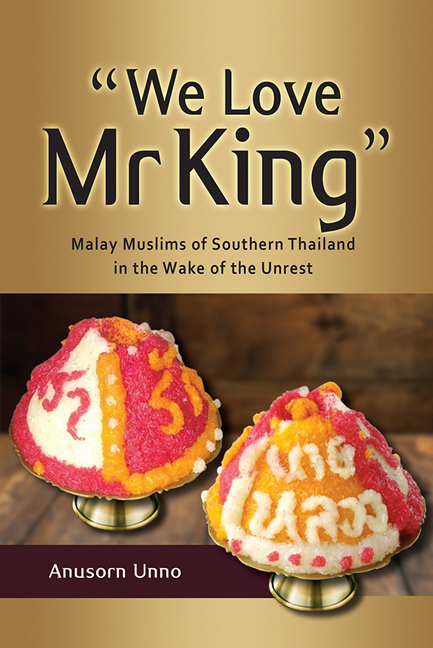Book contents
- Frontmatter
- Dedication
- Contents
- List of Tables and Figures
- Acknowledgements
- Main “Dramatis Personae”
- Introduction
- Chapter 1 Guba
- Chapter 2 Winds of Change
- Chapter 3 Subjectivities on the Rise
- Chapter 4 The Clashes
- Chapter 5 Living Lives with Multiple Subjectivities
- Chapter 6 Engaging with the Sovereigns
- Conclusion: Sovereignty in Crisis
- Bibliography
- Index
- About the Author
Chapter 3 - Subjectivities on the Rise
Published online by Cambridge University Press: 12 February 2019
- Frontmatter
- Dedication
- Contents
- List of Tables and Figures
- Acknowledgements
- Main “Dramatis Personae”
- Introduction
- Chapter 1 Guba
- Chapter 2 Winds of Change
- Chapter 3 Subjectivities on the Rise
- Chapter 4 The Clashes
- Chapter 5 Living Lives with Multiple Subjectivities
- Chapter 6 Engaging with the Sovereigns
- Conclusion: Sovereignty in Crisis
- Bibliography
- Index
- About the Author
Summary
During the month of Ramadan on 30 August 2009, a female reporter interviewed the Fourth Region army commander for the evening TV news about the unrest in the Deep South, a region that fell under his jurisdiction. She asked him why the number of violent incidents had dramatically increased during the month, and he replied that it was mainly because the insurgents had distorted Islam to serve their cause. He explained:
They [the insurgents] claim that according to Islamic teachings, any deeds done for Islam during the month of Ramadan will bring double merits to the doers. And they claim that violence done on behalf of or for Islam during the month of Ramadan will bring the perpetrators double merits. Their claim is a distortion of Islamic teachings, but some local Muslims believe it and acted accordingly. That's why the number of violent incidents is increasing dramatically during this month.
The commander's explanation was supported by prominent stateappointed Islamic religious leaders and scholars. They gave interviews clarifying that Islam neither encourages nor condones any violence or killing, which in fact is a sin in Islam. Importantly, during the month of Ramadan, they said, Muslims are specifically required to refrain from committing any sin. Rather than double merits, to commit violence, especially killing, during the month of Ramadan would burden Muslims with double sins instead
Whether or not killing for Islam during the month of Ramadan brings Muslim perpetrators double merits is a question Guba residents find difficult to answer. Saifuldin said that while watching the news, he was uncertain about the insurgents’ claim because his knowledge about Islam is just rudimentary. Aiman did not say anything but hinted that this is a serious question in need of thorough pondering and strong reference. Daessa felt uncomfortable when I addressed the issue to her and suggested that I seek the “correct” answer from knowledgeable persons. In general, the residents felt they had been put on the spot when I asked them this question. This is not only because the question is difficult for some of them to answer or because it is the first time they have had to answer the question, but also because how they answer it reflects what kind of Muslims they are and the extent to which they feel obliged to Islam.
- Type
- Chapter
- Information
- "We Love Mr King"malay Muslims of Southern Thailand in the Wake of the Unrest, pp. 67 - 161Publisher: ISEAS–Yusof Ishak InstitutePrint publication year: 2018



